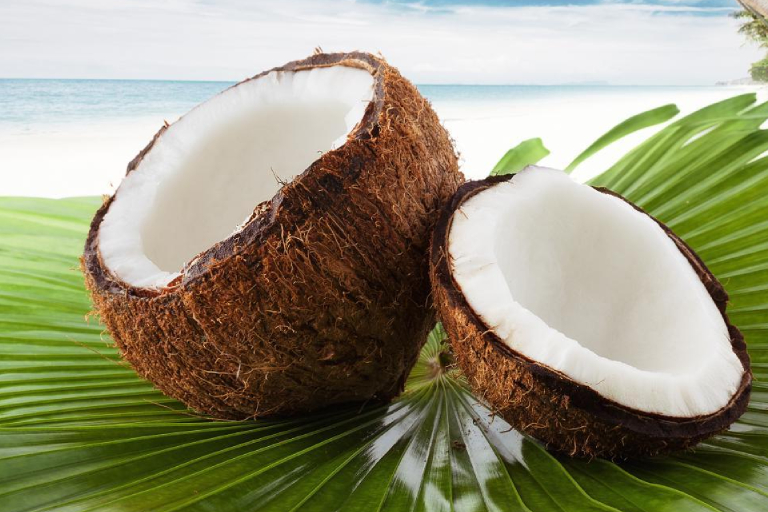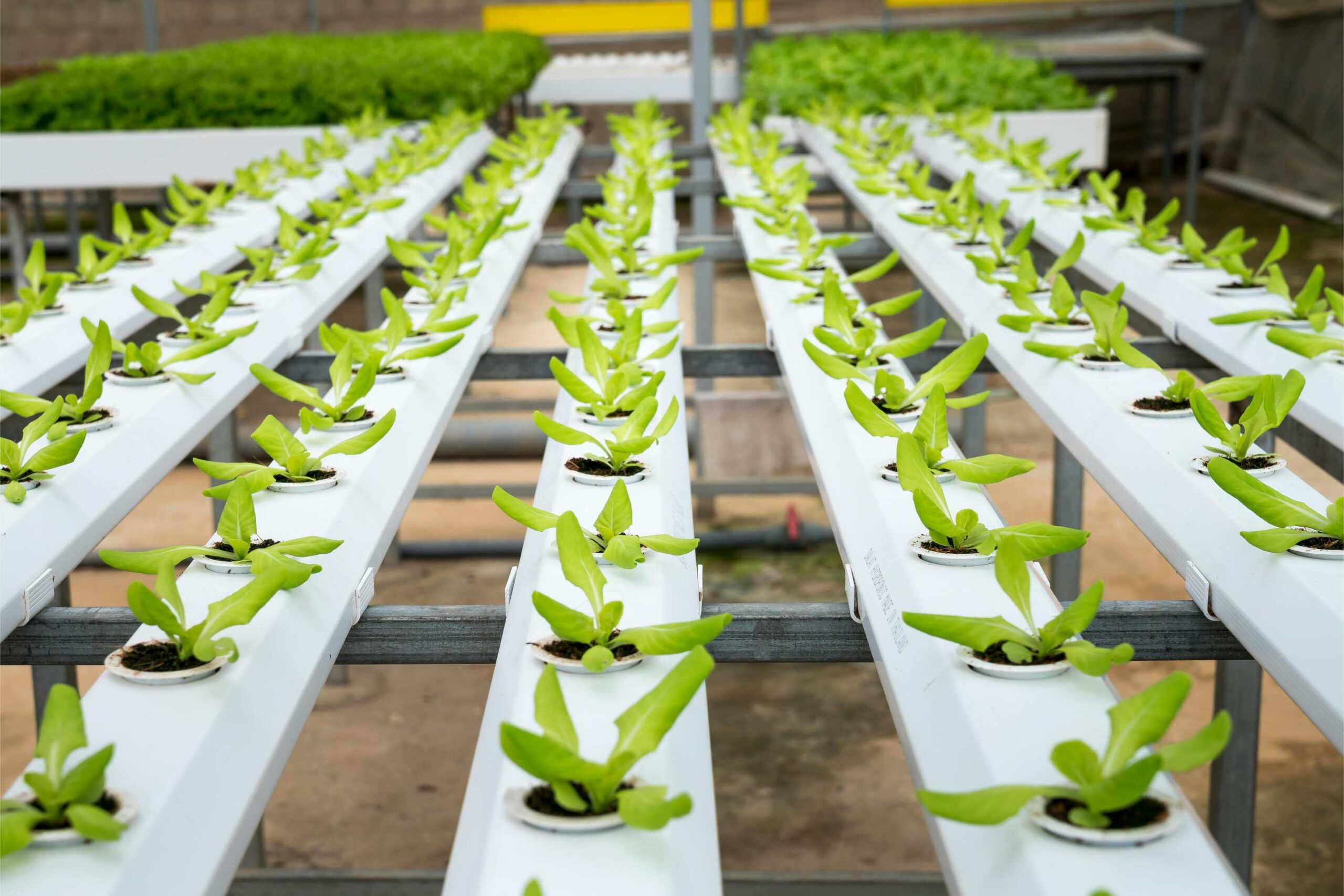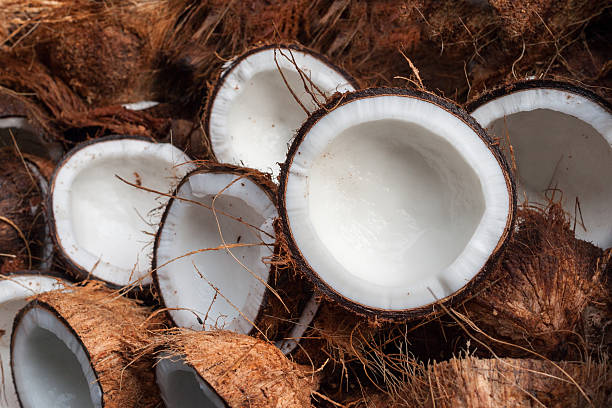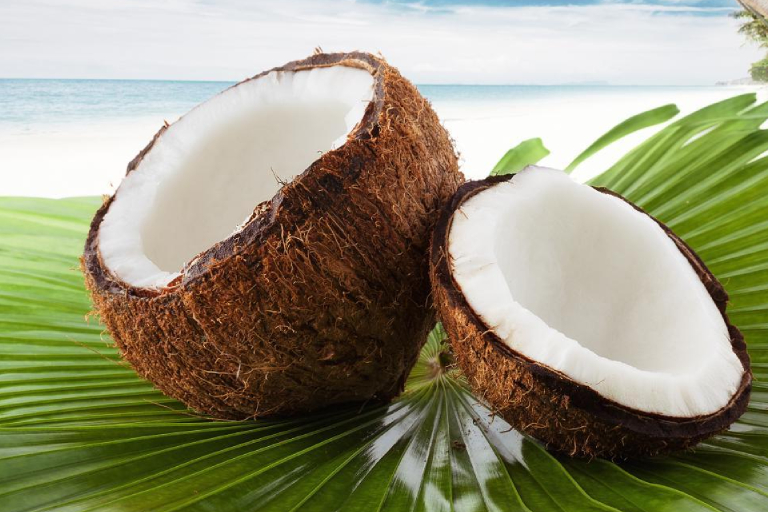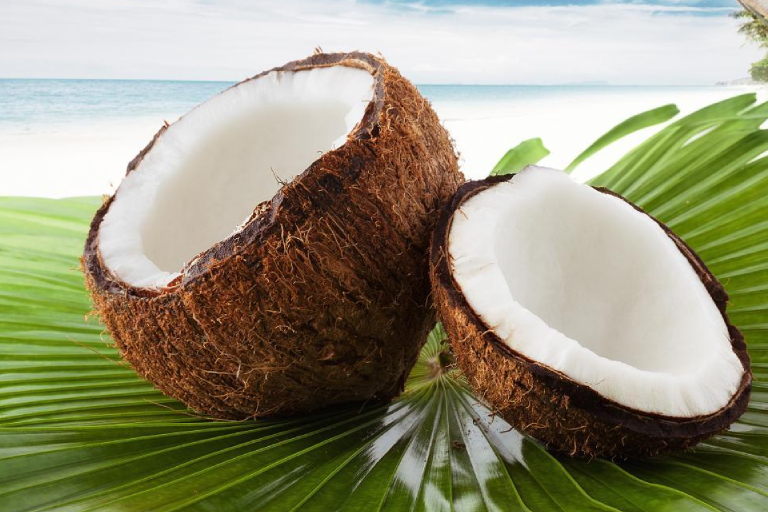Key Benefits of PGPM for Coconut Trees
Posted by Coco Grove on Feb 4, 2025
Improved Nutrient Uptake
- How: PGPMs like phosphate-solubilizing bacteria (e.g., Bacillus, Pseudomonas) and arbuscular mycorrhizal fungi (AMF) make phosphorus, potassium, and other nutrients more available to coconut roots.
- Result: Better root development and enhanced absorption of essential nutrients, leading to increased growth and yield.
Nitrogen Fixation
- How: Nitrogen-fixing bacteria, such as Rhizobium and Azospirillum, convert atmospheric nitrogen into forms the coconut tree can use.
- Result: Reduced dependency on synthetic nitrogen fertilizers and sustainable growth.
Enhanced Soil Health
- How: PGPMs break down organic matter into humus, improving soil structure, water retention, and aeration.
- Result: Healthier roots and better resistance to water stress.
Disease Suppression
- How: Biocontrol PGPMs, like Trichoderma fungi and Bacillus subtilis, inhibit pathogenic fungi and bacteria by producing antimicrobial compounds.
- Result: Reduced risk of diseases such as root rot and bud rot, which are common in coconut trees.
Drought Tolerance
- How: PGPMs help coconut trees regulate water uptake by producing exopolysaccharides and inducing osmotic adjustment.
- Result: Enhanced resilience to high temperatures and water scarcity.
Growth Hormone Production
- How: PGPMs produce plant hormones like auxins, gibberellins, and cytokinins, which promote root elongation, leaf development, and fruit setting.
- Result: Accelerated tree growth and increased coconut yield.
Improved Pollination and Flowering
- How: Some PGPMs enhance the availability of nutrients critical for flowering, such as potassium and boron.
- Result: Increased female flower production, better fruit set, and higher nut yield.
Salinity and Heavy Metal Tolerance
- How: PGPMs sequester heavy metals and mitigate the effects of salinity on coconut trees by maintaining ion balance.
- Result: Healthy growth even in less-than-ideal soil conditions.
